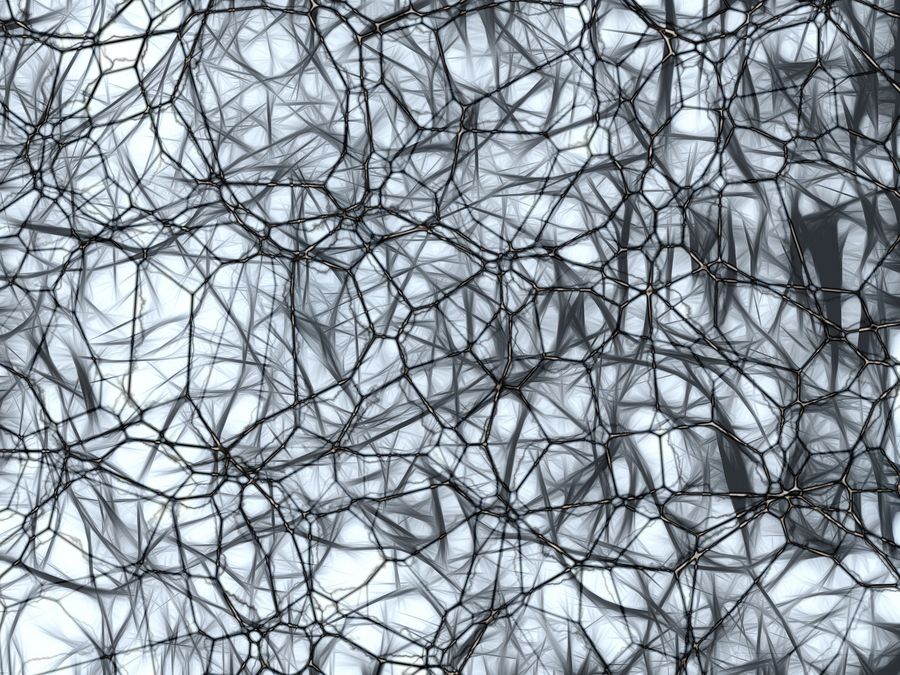medMS Doctoral Program
The MyLab program is supplemented by a program for medical students: the doctoral program is designed to create incentives for medical students interested in scientific study to focus on the topic of multiple sclerosis in their dissertation and/or enhance the scientific quality of the work.
The main award is a 12-month grant during the practical phase of the doctoral program, in which the study of medicine is interrupted for at least six months to allow full-time work on the dissertation. The doctoral mentor receives funding for equipment. The doctoral candidates supported by the GHS meet regularly (also past the time of the grant) to engage in scientific discussion. In addition, each doctoral candidate can visit the World MS Congress and a neuro-scientific summer school. Outstanding dissertations receive an award.
medMS MyLab-Program for Physicians
With the medMS-MyLab program, young, working physicians can apply for funds to pursue research in their own laboratory long-term in a sustainable manner. This program is explicitly not project funding but serves to develop the recipient into a clinician scientist and help him produce independent and high-level research.
During a limited period, candidates can apply for funds to create, develop, or stabilize their own laboratory. The limit per person is € 400,000; every year, 2-3 medical researchers are funded.
Supported Physicians
The listing states the year of funding and the person submitting the application.
PD Dr. Lucas Schirmer (University Medicine Mannheim, University of Heidelberg)
PD Dr. Schirmer has been studying the foundations and mechanisms of nerve cell damage and chronic inflammation in multiple sclerosis for many years. The interests of his work group lie in a better understanding of the progress of the illness using a wide spectrum of methods from system-biology, experimental models, and human pathology.
Dr. Lisa Ann Gerdes (Institute for Clinical Neuro-immunology at the Clinic of the Ludwig-Maximilian University Munich)
Since 2012, Dr. Gerdes has developed a globally unique cohort of more than 60 identical pairs of twins, distinguished by the fact that one of each pair has developed multiple sclerosis (MS), while the other does not show any recognizable symptoms of the illness. With innovative research approaches, Dr. Gerdes wants to study possible trigger factors, incl. intestinal flora and various biomarkers, with the goal of understanding the causes of multiple sclerosis more accurately.
Dr. Stefan Bittner (University of Mainz)
Dr. Bittner's research is focused on the chronic-inflammatory processes of multiple sclerosis. Based on his very considerable prior work, in the coming years he wants to perform comprehensive studies with his research team concerning the damaging impact of calcium ions on nerve cells, leading to a deeper understanding of this signal path and allowing for new therapeutic concepts.
Dr. Klaus Lehmann-Horn (Clinic "rechts der Isar", Technical University Munich)
In this project, Dr. Lehmann-Horn wants to study the chronic progression of multiple sclerosis and focus on inflammatory cells, which – if they are present in high numbers – are suspected to play a role in the genesis and the progress of the illness.
Dr. Volker Siffrin (Charité Berlin)
Dr. Siffrin wants to perform studies on neurodegeneration, i.e. the degeneration of nerve tissue, in MS and identify so-called biomarkers that are urgently needed for MS in order to be able to make prognostic statements on the progress of the illness and the development of the impairment.
Prof. Dr. Ricarda Diem (University Heidelberg)
For many years, Dr. Diem has been working intensively in the field of inflammation of the optical nerve, which occurs frequently during MS and can provide insights into the genesis of the illness. In the coming years, she wants to perform comprehensive studies with her research team to decode the mechanisms of this illness.
Non-medication-based MS Therapy
Award of Grants for Scientific Projects for Non-medication-based MS Therapy
In 2018, the Hertie Foundation has announced one-time grants together with a scientific MS consortium of the pharmaceuticals industry (consisting of six companies: Bayer Vital GmbH, Biogen GmbH, Novartis Pharma GmbH, Roche Pharma AG, Sanofi-Genzyme, and TEVA GmbH) for research projects on non-medication-based MS therapy. The focus lies on work that study the impact of non-medication-based factors on multiple sclerosis or very specifically with therapeutic effects of nutrition, sports etc.
- The grants were directed at MS Researchers.
- A maximum of € 100,000 per research project could be applied for.
- The subject matter of the application had to be within the spectrum of non-medication-based MS therapy (nutrition, sports, climate, psychology etc.).
- The Hertie Foundation shouldered the entire operative implementation of the project, incl. organization of the scientific expert opinion, approval of funds, and support of the researchers.


